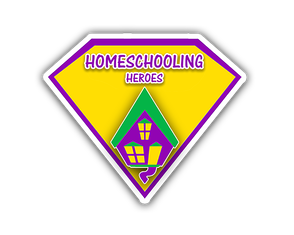How to Teach at Home |
|
by Christina Yeager
The thought of homeschooling doesn’t have to sound scary. Yes, it’s a big task, but with the right information and some direction on how to get started and where to go from there, it can be done easily! Each individual state in the U.S. has its own laws for homeschooling. Would you like to homeschool your child in Pennsylvania and don’t know where to begin? We do!
Each state is the U.S. has a very specific set of regulations for homeschooling. If you are thinking about teaching your child at home, you'll need to know the ins and outs of what needs to be done beforehand and during. In this series, Homeschooling Regulations by State, we'll explore information to help with the decision, what to do to get started and what to do correctly to continue.
The regulations, laws and suggestions in this post may not reflect the needs for your particular situation. Not all apply to each individual family. To learn more about the laws and regulations in this state on homeschooling, click the link at the end of the post! This will direct you to the states’ Board of Education or government education site.
Visit the Pennsylvania Department of Education for more information!
Are you a homeschooler (new or veteran) seeking to share insight? Read our guidelines and thenreach out introducing yourself to obtain blogging credentials! And if you're a homeschool parent, be sure to follow the Homeschooling Heroes page on Facebook for tons of resources and insight, and join the Unschool Homeschool group to expand your horizons as to what homeschooling is/can be. And finally, if you're looking for activities to join, we have a group with New Orleans-based activities, which will be expanding to an area near you - so join our group! And be excited about that, because we offer tons of exceptional educational and extracurricular activities for homeschoolers and parents, and can't wait to include you.
|
Categories
All
Archives
July 2020
|
|
|

 RSS Feed
RSS Feed


